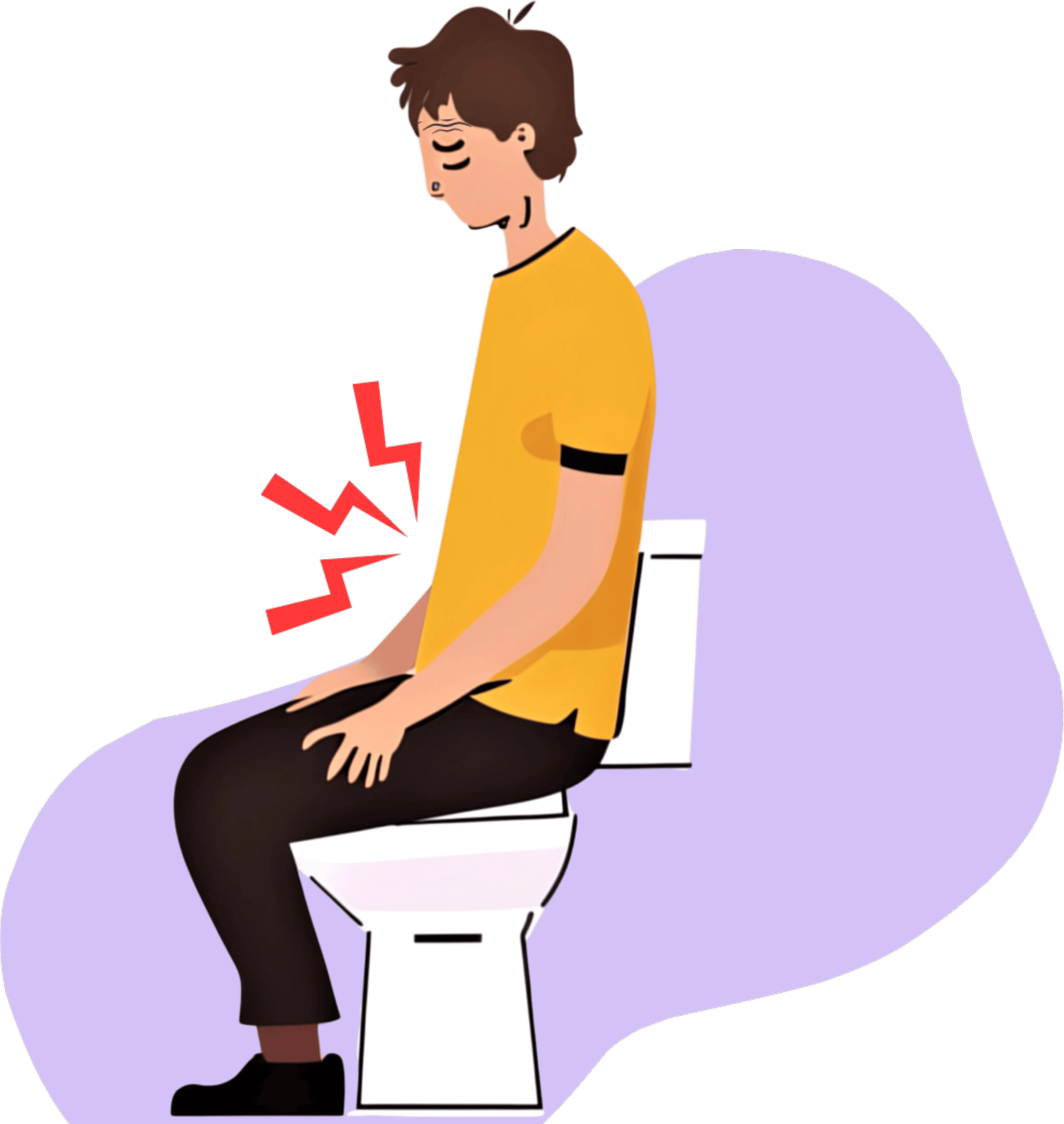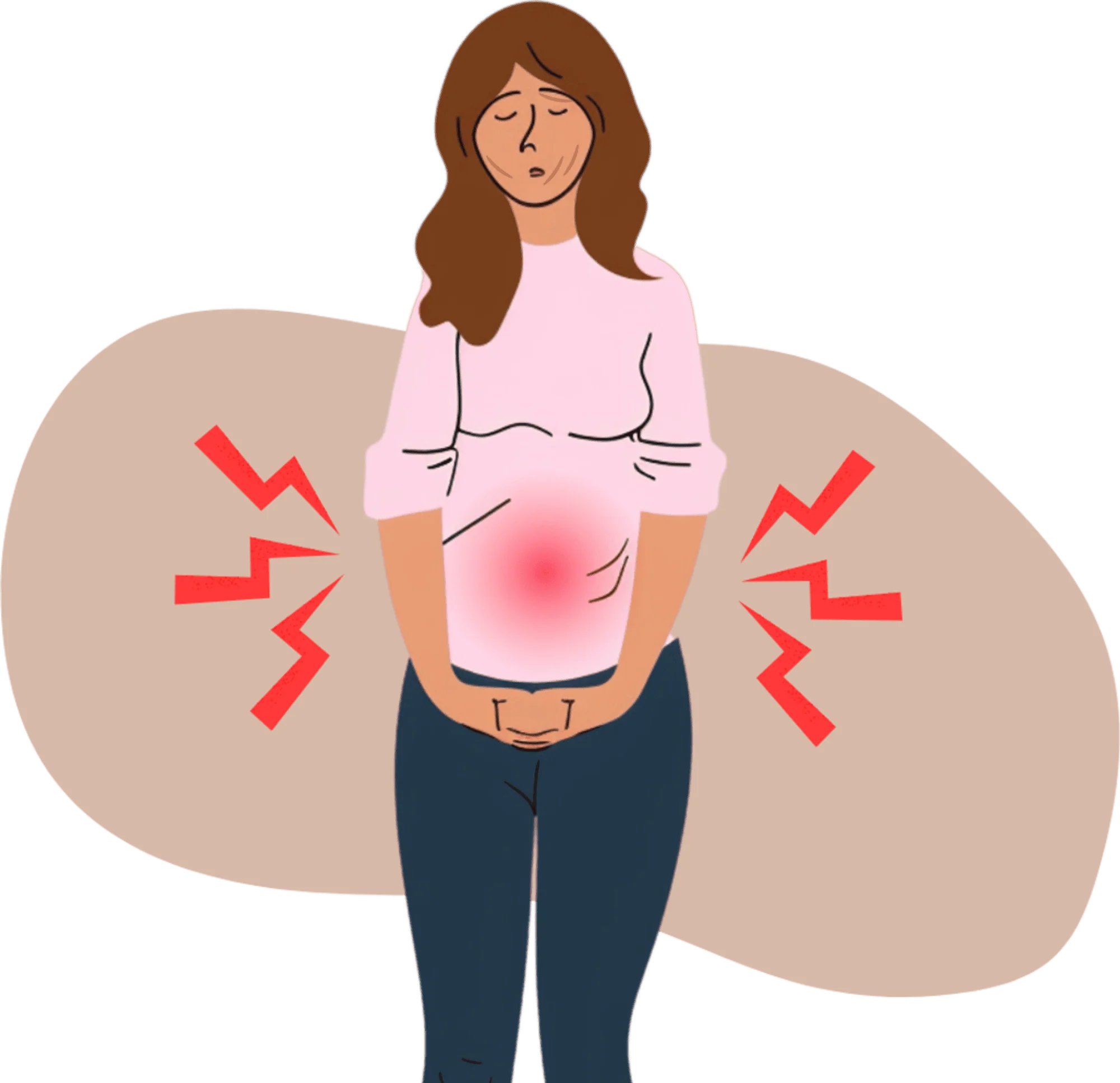Marketing cookies are used to follow visitors around websites. The intention is to show ads that are relevant and appealing to the individual user and therefore more valuable to publishers and third-party advertisers.
OUTBRAIN
The website uses the technology of Outbrain UK Ltd, 5 New Bridge Street, London, EC4V 6JA, UK (‘Outbrain’) to provide you with links to further content within the website and on third-party websites that may also be of interest to you. The further reading recommendations integrated by Outbrain, for example below an article, are determined on the basis of the content you have read so far. Outbrain uses cookies stored on the user's device to display this interest-based additional content. The cookies are also used to evaluate and support online marketing measures in order to measure the effectiveness of advertisements for statistical and market research purposes. This makes it possible to determine how many website visitors clicked on an ad and completed a transaction. Personal data is not stored when retargeting or during the completion of conversion tracking. The content displayed in the Outbrain widget is automatically controlled and delivered by Outbrain in terms of content and technology. Outbrain's display of reading recommendations using cookies is done on a purely pseudonymous basis. To anonymise the IP address, the last part of the IP address is removed. The legal basis for the processing is Art. 6 para. 1 sentence 1 lit. a GDPR. Further information on data processing by Outbrain can be found at: https://www.outbrain.com/legal/privacy#privacy-policy
Processing company
Outbrain UK Limited
5th Floor, The Place
175 High Holborn
London, WC1V 7AA, United Kingdom
Purposes of data processing
This list shows the purposes of data collection and processing.
• Marketing
• Analysis
• International data transfer
Technologies used
• Cookies
Data collected
• IP address
• User data
• Unique ID
• Browser type
• User time
• Visited pages
Legal basis
The required legal basis for the processing of data is stated below.
• Art. 6 (1) (a) GDPR (consent)
Place of processing
USA and European Union
Retention period
13 months
Data recipients
Outbrain UK Limited
Data protection officer of the processing company
Please find below the email address of the data protection officer of the processing company.
PrivacyQuestions@outbrain.com
https://www.outbrain.com/legal/privacy#privacy-policy
https://www.outbrain.com/de/legal/privacy#amplify-terms-eu
AWIN
We work with the affiliate and advertising company AWIN AG (Eichhornstraße 3, 10785 Berlin, Germany). Awin also uses tracking tools to perform its services in order to store and track a user action (such as the purchase of a product). This means that your data is also sent to the company in pseudonymised form and stored there. Further information on data processing by AWIN can be found at: https://www.awin.com/de/datenschutzerklarung
Processing company
AWIN AG
Landsberger Allee 104 BC
10249 Berlin, Germany
Purposes of data processing
This list shows the purposes of data collection and processing.
• Marketing
• Analysis
Technologies used
• Cookies
• Advertiser Journey tag
• Fingerprinting
Data collected
• IP address
• User data
• Unique ID
• Browser type & device data
• Navigation and click behaviour
Legal basis
The required legal basis for the processing of data is stated below.
• Art. 6 (1) (a) GDPR (Consent)
• Art. 6 (1) (f) GDPR (Legitimate interest)
Place of processing
USA & European Union
Storage duration
24 months
Data recipients
AWIN AG
Data protection officer of the processing company
Please find below the email address of the data protection officer of the processing company:
AWIN AG Data Protection Officer
Landsberger Allee 104 BC
10249 Berlin
Germany
Global-privacy@awin.com
GOOGLE CONVERSION LINKER
We use Google Conversion Linker to assign interactions on this website to a longer period of interaction with an advertisement via Google Ads and Google Marketing Platform. This allows marketing campaigns to be better optimised. As a result, the user should see more relevant ads as a result.
Processing company
Google Ireland Limited
Google Building Gordon House, 4 Barrow St, Dublin, D04 E5W5, Ireland
Purposes of data processing
This list shows the purposes of data collection and processing.
- Marketing
Used technology
• Conversion-linking script
Legal basis
The required legal basis for the processing of data is stated below.
• Art. 6 (1) (a) GDPR (Consent)
Place of processing
United States, European Union
Retention period
The retention period is the length of time for which the collected data will be stored for processing. The data must be deleted as soon as it is no longer needed for the stated processing purposes.
The data will be deleted after 3 months
Data recipients
Google Ireland Limited
Click here to revoke on all domains of the processing company https://safety.google/privacy/privacy-controls/
MICROSOFT CLARITY
This website uses the Microsoft ‘Clarity’ service. Microsoft Clarity enables a more precise analysis of user behaviour when using this website. The protocol obtained from this can be used to derive possible improvements. For this purpose, the collected data is transmitted to Microsoft Clarity and stored there. The user analysis is based on pseudonymised user data and tracks, among other things, mouse and scroll movements on this website.
The USA is a country that does not offer an adequate level of protection for personal data within the meaning of EU Regulation 2016/679. This implies, among other things, that government authorities in the USA may have the right to access your data without effective remedies being available.
Processing company
Microsoft Corporation, One Microsoft Way, Redmond, WA 98052-6399, USA
Purposes of data processing
This list shows the purposes of data collection and processing.
• Marketing
• Analysis
• International data transfer
Technologies used
• Pixel tags
• Cookies
Data collected
This list contains all (personal) data collected by or through the use of this service.
• Time information (e.g. event time)
• Page information (e.g. country)
• Page information (e.g. page type)
• Browser information (e.g. browser version)
• Device information (e.g. advertising ID)
• Behavioural information (e.g. mouse and scroll movements)
Legal basis
The required legal basis for the processing of data is mentioned below.
• Art. 6 (1) (a) GDPR (Consent)
Place of processing
United States of America, European Union
Retention period
The retention period is the length of time for which the collected data will be stored for processing. The data must be deleted as soon as it is no longer needed for the stated processing purposes. The lifespan of the Microsoft cookie is up to one year. Once a cookie's lifespan has expired, your browser automatically deletes it. You can find out more about data processing by Microsoft at https://privacy.microsoft.com/de-de/privacystatement
TIKTOK
We use the services of TikTok to show you relevant interest-based advertising. Therefore, we share certain of your interactions with TikTok. This allows us to offer you services and product ranges that may interest you and improve your online experience. Your data that is forwarded to TikTok also helps us to measure and analyse the success of our marketing activities. Ultimately, the ads are controlled and targeted based on this data to ensure a high level of efficiency. Your data is generally transferred to and processed in Ireland (an EU country), the United Kingdom (a country with adequate data protection standards), Singapore and the United States. Singapore and the US are countries that do not provide an adequate level of protection for personal data within the meaning of EU Regulation 2016/679; this means, among other things, that government authorities in these countries may have the right to access your data without effective legal remedies being available. TikTok's ultimate parent company is located in China and we cannot rule out the possibility that some personal data may also be transferred to and processed in China. China is a country that does not provide an adequate level of protection for personal data within the meaning of EU Regulation 2016/679; it is a country where the rule of law is not strictly applied and where there is extensive state data surveillance and profiling. This means that government authorities in China may have the right to access your data without effective legal recourse being available.
Processing company
TikTok Pte. Ltd.
Technologies used
• Server-to-server
Data processing purposes
This list shows the purposes of data collection and processing.
• Marketing
• Analysis
• Targeting
Data collected
This list contains all (personal) data collected by or through the use of this service.
• Time information (e.g. event time)
• Shop information (e.g. country)
• Page information (e.g. page type)
• Product information (e.g. digital barcode)
• Browser information (e.g. browser version)
• Device information (e.g. advertising ID)
• Purchase information (e.g. shopping cart value)
• Marketing information (e.g. ad click ID)
• Personal data (e.g. IP address, email address)
• Behavioural data (e.g. surfing behaviour)
Legal basis
The required legal basis for the processing of data is mentioned below.
Art. 6 para. 1 lit. a GDPR (consent).
Place of processing
Ireland, United Kingdom, Singapore, USA, possibly China
Storage period
The retention period is the length of time for which the collected data is stored for processing. The data must be deleted as soon as it is no longer needed for the stated processing purposes. All shared data is stored by TikTok for 90 days. We store some information about your interaction with our ads from TikTok for up to 3 years.
KLAR ATTRIBUTION
We use the services of Klar (Klar Insights GmbH, Marktstr. 18, 80802 Munich, Germany) on our website. Klar collects, processes and stores data on this website and its sub-pages for the purposes of reach measurement and statistical analysis on our behalf. This collection is carried out on the following legal basis: If the user has given his consent in accordance with Article 6 (1) sentence 1 a GDPR and § 25 (1) sentence 1 TTDSG, the data to be processed is collected on a user-specific basis. Different cookies are used for the aforementioned different types of collection in order to ensure the respective type of collection.
Cookie - Objection
To object to the use of Klar in principle, please use this link. This sets a cookie named ‘do_not_track’ from the domain ‘pharmacy-journal.co.uk’. Please do not delete it, otherwise it cannot be guaranteed that you will not be tracked by Klar. Information on data protection and data use by Klar can be found on the following website: https://www.getklar.com/data-protection
MICROSOFT ADVERTISING
This is a tracking and advertising service.
Processing company
Microsoft Ireland Operations Limited
One Microsoft Place, South County Business Park, Leopardstown, Dublin 18, Ireland
Data protection officer of the processing company
The email address of the data protection officer of the processing company can be found below.
https://aka.ms/privacyresponse
Purposes of data processing
This list shows the purposes for which data is collected and processed.
• Advertising
• Conversion tracking
Technologies used
This list contains all technologies used by this service to collect data. Typical technologies include cookies and pixels placed in the browser.
• Cookies
• Web beacons
• Collected data
• This list contains all (personal) data collected by or through the use of this service.
• Browser language
• Ads clicked on
• Digital signature
• GUID generated by the UET tag
• IP address
• Microsoft Click-ID
• Microsoft cookie
• Page title
• Referrer URL
• Screen colour depth
• Screen resolution
• UET ID tag
• Page loading time
• Access to publisher/URL
Legal basis
The required legal basis for the processing of data is stated below
• Art. 6 para. 1 sentence 1 lit. a GDPR
• § 25 para. 1 sentence 1 TDDDG
Place of processing
This is the primary location where the collected data is processed. Should the data also be processed in other countries, you will be informed separately.
European Union
Duration of data storage
The retention period is the period for which the collected data is stored for processing. The data must be deleted as soon as it is no longer required for the stated processing purposes.
The data will be deleted as soon as it is no longer required for the purposes of processing.
Transfer to third countries
When using this service, the collected data may be transferred to another country. Please note that as part of this service, the data may be transferred to a country that does not have the necessary data protection standards. The following is a list of the countries to which the data is transferred. For more information about the security measures, please refer to the data protection declaration of the respective provider or contact the provider directly.
• Worldwide
Data recipients
The recipients of the collected data are listed below.
Microsoft Corporation
Click here to read the privacy policy of the data processor
https://privacy.microsoft.com/en-gb/privacystatement
Click here to read the data processor's cookie policy
https://privacy.microsoft.com/en-gb/privacystatement
Click here to revoke consent on all domains of the processing company
https://account.microsoft.com/privacy/ad-settings/signedout?ru=https:%2F%2Faccount. microsoft.com%2Fprivacy%2Fad-settings
Storage information
The longest potential storage period on a device determined using the cookie storage method and other methods is shown below.
• Maximum limit for storing cookies: 1 year, 25 days
GOOGLE ADS
We use Google Ads to show targeted and personalised advertising on Google and on the Google advertising network. The content of the ads should be as relevant as possible. To achieve this, we share some of your interactions on this website with Google Ads. This includes, for example, the information that the user has viewed a specific page. This enables us to address the user via Google advertising with content that is based on your interactions. The USA is a country that does not offer an adequate level of protection for personal data within the meaning of EU Regulation 2016/679. This implies, among other things, that US government agencies may have the right to access your data without effective remedies being available.
Processing company
Google Ireland Limited
Google Building Gordon House, 4 Barrow Street, Dublin D04 E5W5, Ireland
Purposes of data processing
This list shows the purposes of data collection and processing.
• Marketing
• Analysis
• International data transfer
Technologies used
• Pixel tags
• Cookies
Data collected
This list contains all (personal) data collected by or through the use of this service.
• Time information (e.g. event time)
• Page information (e.g. country)
• Page information (e.g. page type)
• Browser information (e.g. browser version)
• Device information (e.g. advertising ID)
Legal basis
The required legal basis for the processing of data is stated below.
• Art. 6 (1) (a) GDPR (consent)
Place of processing
European Union
Retention period
The retention period is the length of time that the collected data is stored for processing. The data must be deleted as soon as it is no longer needed for the stated processing purposes.
The lifespan of Google Ads cookies is up to 2 years. Once a cookie's lifespan has expired, your browser automatically deletes it. All shared data is stored by Google Ads for 9 months. We store some of the information related to your interactions with our ads on Google Ads for up to 3 years. Click here to view the data processor's privacy policy http://www.google.com/intl/de/policies/privacy/
Click here to revoke on all domains of the processing company https://safety.google/privacy/privacy-controls/ & https://business.safety.google/privacy/
FACEBOOK PIXEL (META)
We use Facebook's services to show you advertising. We want to make sure that these ads are as relevant to you as possible. For this reason, we share some of your interactions with Facebook. This is necessary to ensure that the content of the ads is tailored to you. For example, we share with Facebook the information about which products were of interest to you so that we can suggest products from our range on Facebook that you might also be interested in. The data that is forwarded to Facebook also helps us to track and analyse the success of our marketing activities. This information is used to optimise the ads to ensure a high level of efficiency. We and Facebook are joint controllers in the context of the use of this technology. Therefore, we and Facebook have entered into a contract that governs this relationship. If you have any questions about this or would like access to the data processed by this service, please contact Facebook, who will take care of your request. The USA is a country that does not provide adequate protection for personal data within the meaning of EU Regulation 2016/679. This implies, among other things, that US government agencies may have the right to access your data without effective remedies being available.
Processing company
Facebook Ireland Ltd.
4 Grand Canal Square Grand Canal Harbour Dublin 2 Ireland
Purposes of data processing
This list shows the purposes of data collection and processing.
• Marketing
• Analysis
• International data transfer
Technologies used
• Cookies
• Server-to-server
Data collected
This list contains all (personal) data collected by or through the use of this service.
• Time information (e.g. event time)
• Shop information (e.g. country)
• Page information (e.g. page type)
• Product information (e.g. digital barcode)
• Browser information (e.g. browser version)
• Device information (e.g. advertising ID)
• Purchase information (e.g. shopping cart value)
• Marketing information (e.g. ad click ID)
• Personal data (e.g. IP address, email address)
• Behavioural data (e.g. surfing behaviour)
Legal basis
The required legal basis for the processing of data is mentioned below.
• Art. 6 (1) (a) GDPR (consent)
Place of processing
USA and Ireland / European Union
Retention period
The retention period is the length of time for which the collected data will be stored for processing. The data must be deleted as soon as it is no longer needed for the stated processing purposes.
The lifespan of Facebook Ads cookies is up to 90 days. Once a cookie's lifespan has expired, your browser automatically deletes it. All shared data is stored on Facebook for up to 2 years. We store some of the information related to your interactions with our ads on Facebook for up to 3 years.
Data recipients
• Facebook, Inc.
• Facebook Ireland Limited
Data Protection Officer of the processing company
Please find below the email address of the data protection officer of the data processing company.
https://www.facebook.com/help/contact/540977946302970
Click here to read the data processor's privacy policy https://www.facebook.com/privacy/explanation
Click here to revoke consent on all domains of the processing company https://www.facebook.com/ads/preferences/?entry_product=ad_settings_screen
TABOOLA
The website uses cookies from Taboola. These cookies allow targeted advertising to be displayed to visitors to the website by placing customised ads for them. To do this, a small file containing a sequence of numbers is stored in visitors' browsers. This number is used to record visitors to the website and anonymised data about how they use the website. Subsequently, you may be shown advertising that is highly likely to take into account previously accessed product and information areas. In addition, the provider can use cookies to evaluate and support online marketing measures in order to record the effectiveness of the advertisements for statistical and market research purposes. This makes it possible to see how many website visitors clicked on an ad and completed a transaction. Personal data is not stored when retargeting or when conversion tracking is completed. Further information can be found at https://www.taboola.com/policies/privacy-policy.
Processing company
Taboola Germany GmbH
Alt-Moabit 2
10557 Berlin
Data protection information from the processing company
Please find below the email address of the data protection officer of the processing company.
dpo@taboola.com or support@taboola.com.
Purposes of data processing
Display of targeted advertising and measurement of advertising effectiveness.
Data collected
• Technical or navigation-related information
• Information about the operating system
• Web pages accessed
• Previous website from which you came to our website
• Event information (e.g. irregular system crashes)
• General location information (e.g. city)
• Conversion tracking
• IP address
• Unique ID
Legal basis
The legal basis required by Art. 6 I 1 GDPR for the processing of personal data is stated below. Art. 6 para. 1 sentence 1 lit. a GDPR (consent).
Place of processing
Germany, UK, Israel, USA
Retention period
13 months
Data recipients
Taboola
Further information
Click here to read the data processor's privacy policy and, if necessary, obtain further information. https://www.taboola.com/policies/privacy-policy





